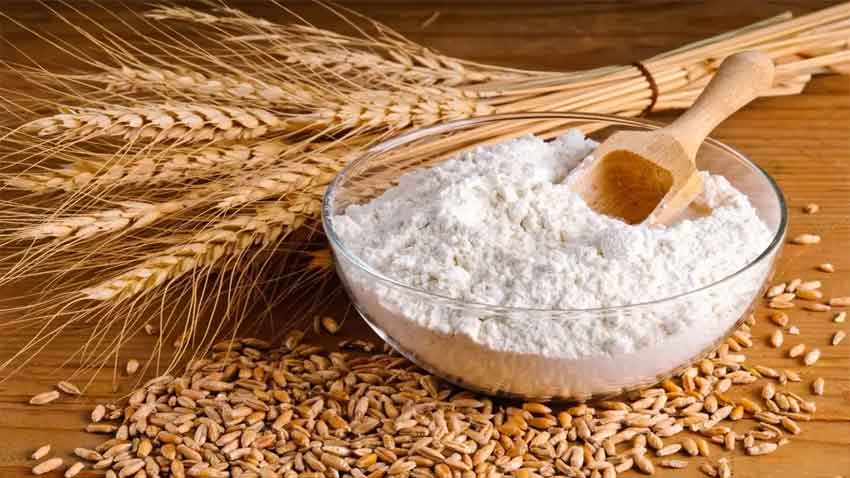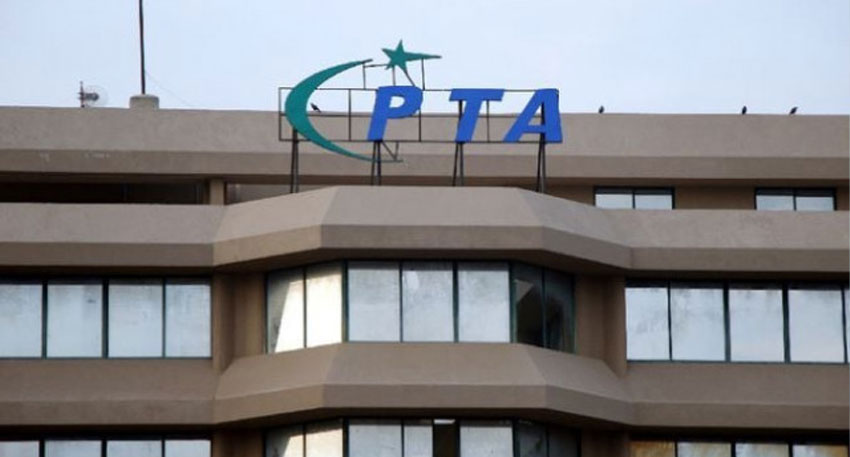
Flour dealers explained that prices have been rising consistently since August 15. They linked the sudden hike to heavy rains disrupting supply and demand balance in the region.
According to a report from the Bureau of Statistics, flour prices have skyrocketed nationwide. In just one week, the rate of a 20 kg flour bag rose by up to Rs217 in several cities.
In Sialkot, the 20 kg flour bag increased by Rs217, while Lahore, Gujranwala, Multan, and Bannu saw a Rs200 jump. Meanwhile, Bahawalpur recorded a hike of Rs193.34, Rawalpindi Rs187.67, Islamabad Rs173.33, Sargodha Rs173, Sukkur Rs160, and Quetta Rs130. Karachi and Sukkur also saw an increase of Rs100.
In Peshawar, the price of a 20 kg bag climbed by Rs50. After these increases, the cost of a 20 kg bag reached Rs1,786.67 in Rawalpindi, Rs1,690 in Quetta, Rs1,680 in Hyderabad, and Rs1,667 in Sialkot.
Multan recorded the bag at Rs1,666.66, Bahawalpur Rs1,660, while in Peshawar and Bannu the rate stood at Rs1,650. Gujranwala also reached Rs1,650, Faisalabad and Sargodha Rs1,640, and Lahore and Khuzdar Rs1,600. In Sukkur, the bag is selling at Rs1,560, and in Larkana it is priced at Rs1,500.
The flour price surge paints a troubling picture for households across Pakistan. Chaman’s Rs9,000 per 100 kg sack is the most alarming sign yet of a nationwide inflationary spiral. Dealers’ concerns about supply disruptions due to rains highlight how fragile the distribution chain has become.
Read more: Pakistan faces alarming flood warning as over 150,000 people displaced
What makes the situation worse is the consistency of price hikes across nearly all major cities, from Lahore and Karachi to Quetta and Sialkot. With a 20 kg bag crossing Rs1,700 in Rawalpindi and nearing similar levels in other regions, the affordability crisis is deepening.
This persistent rise threatens not only household budgets but also small bakeries and food businesses. If unchecked, it could trigger a chain reaction—higher bread and naan prices, more pressure on wages, and worsening food insecurity for low-income families. The numbers confirm what citizens already feel: flour, a staple of every meal, is becoming painfully unaffordable.




